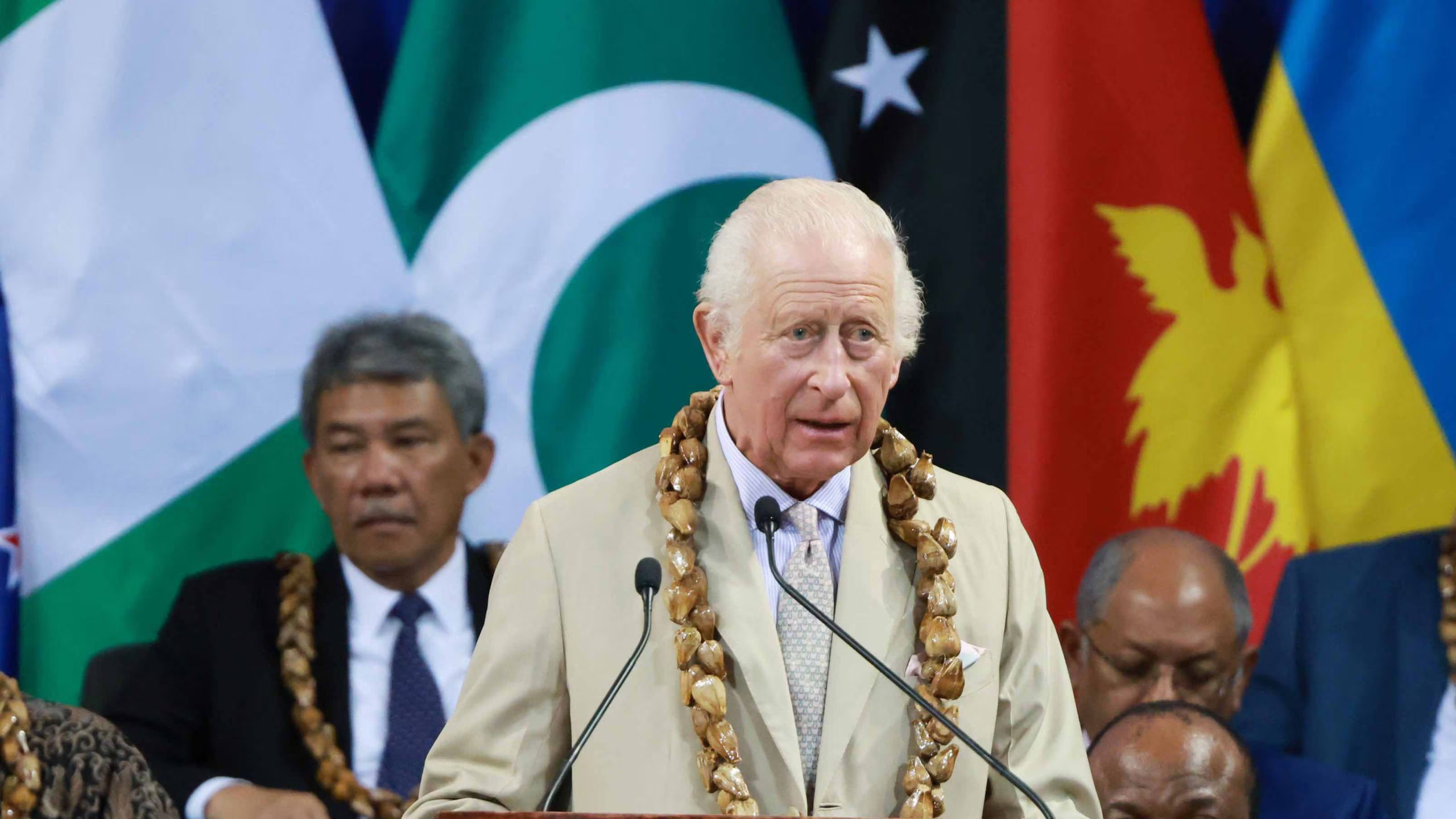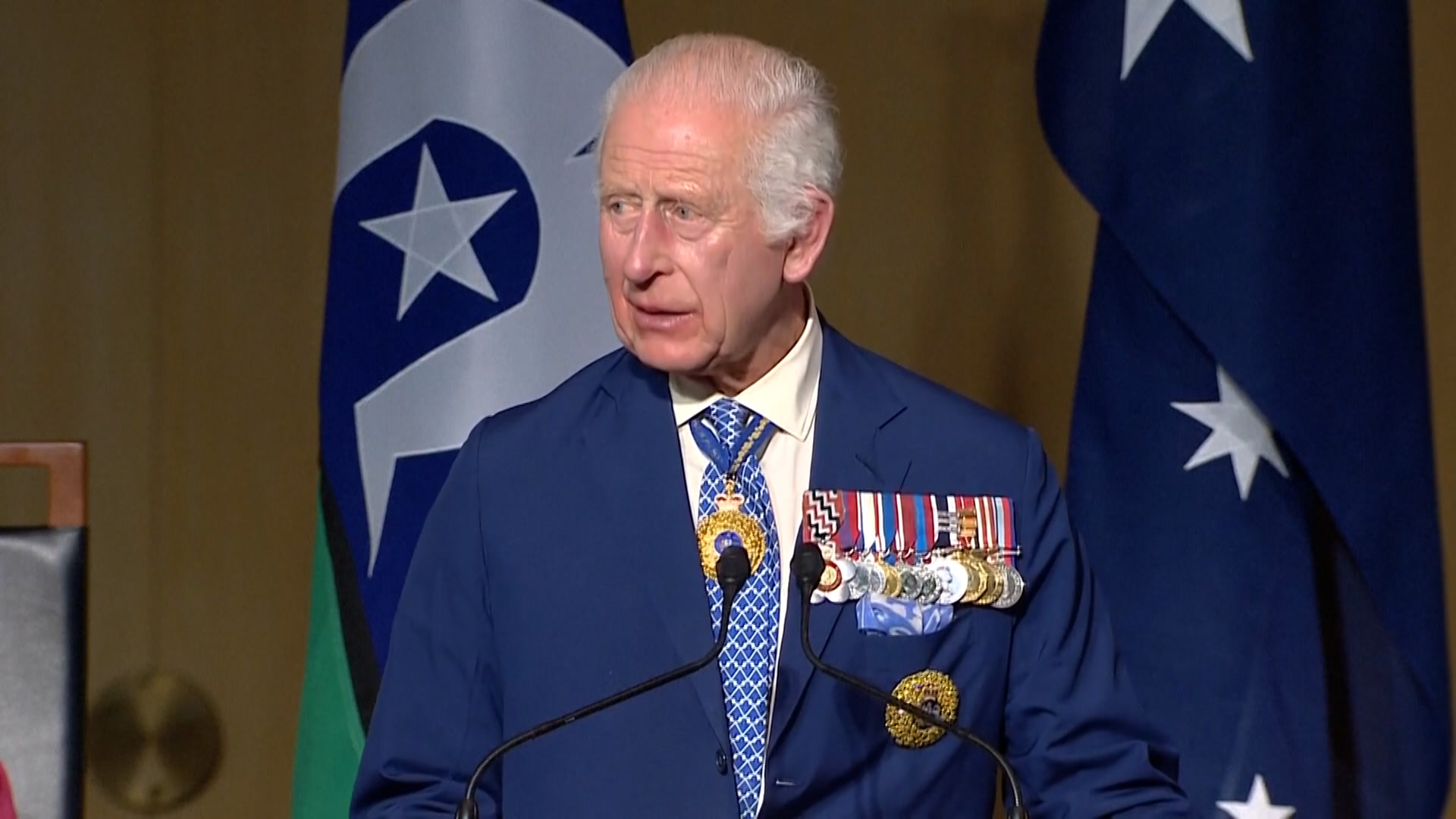The British government and King Charles III are preparing for potentially intense discussions about reparations for the transatlantic slave trade, as the issue threatens to overshadow the upcoming Commonwealth summit in Samoa.
UK Prime Minister Keir Starmer downplayed the reparations topic by focusing on more immediate challenges like climate change, although reports indicate that the summit’s communique is expected to acknowledge the need for a “meaningful” conversation on slavery and reparations.
Britain’s involvement in the slave trade is significant, with 3.1 million Africans enslaved between 1640 and 1807, many of whom were sent to the Caribbean to work on plantations, enriching their British owners.
Despite the widespread calls for reparations, successive British governments have resisted formal apologies or financial compensation. A 2023 report suggested that Britain could be liable for as much as $24 trillion in reparations, a figure that dwarfs the UK’s GDP.

UK Government and King Charles III Face Pressure on Reparations Ahead of Commonwealth Summit
As Prime Minister Starmer participates in the summit alongside other leaders, the reparations issue is expected to be a contentious topic. The Commonwealth Heads of Government Meeting (CHOGM) is a biennial event, that brings together 56 member nations, many of which have colonial ties to Britain, and the reparations debate could dominate discussions.
King Charles III, attending the summit as head of the Commonwealth, has taken a more conciliatory stance on slavery compared to previous British monarchs. During a visit to Kenya in 2023, he expressed “deep regret” for the atrocities of the past.
Similarly, at the last Commonwealth summit in Rwanda, he acknowledged the need for the organization to find ways to address its colonial legacy. Charles’ evolving rhetoric reflects growing pressure on the British monarchy to confront its historical involvement in the transatlantic slave trade.
While King Charles and other royals, like Prince William, have expressed sorrow over slavery, they have avoided issuing formal apologies. This restraint is primarily due to the monarchy’s role as representative of the UK government, which has consistently refused to pursue reparations or issue an apology.
A formal apology is seen by many as a precursor to financial compensation, a prospect the British government has ruled out. As a result, Charles’ statements remain aligned with official government policy, limiting his capacity to act independently on this issue.
Looking ahead, the issue of reparations is likely to continue shaping future Commonwealth events. The bloc is set to elect a new secretary general at the Samoa summit, with all three candidates expressing support for reparations. This suggests that the debate over Britain’s colonial past and its implications for modern-day Commonwealth relations will remain at the forefront of the organization’s agenda in the coming years.











































